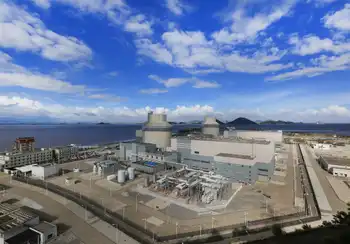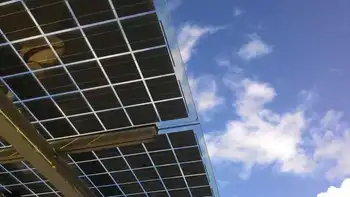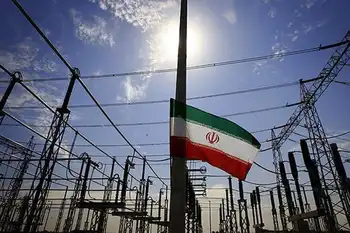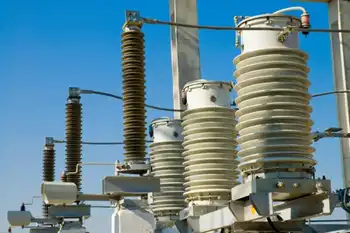CaliforniaÂ’s push for solar may be over
SACRAMENTO, CALIFORNIA - After record solar-plant approval in 2010, the California Energy Commission believes its "big push" in solar-thermal projects is over.
This past year represented a "sea change" as regulators ended a 20-year dry spell and fast-tracked solar-thermal plant approval, spokesman Adam Gottlieb told Reuters, helping drive the state's and nation's broader renewable-energy goals.
But because so many developers were rushing to meet a December 31 deadline for federal incentives, CEC staff are expecting a slower year in 2011. In hindsight, the rush was overdone, given that Congress has now extended that deadline for federal funding by another year.
In 2010, the California Energy Commission approved nine solar-thermal plants, which are solar plants that concentrate heat before converting it into electricity. More commonplace photovoltaic plants, which require approval on a local level rather than from the CEC, typically use panels that convert sunlight directly into electricity.
Before 2010, regulators hadn't approved any solar-thermal plants in California since a series of plants known as the Solar Energy Generating Systems, built mostly in the 1980s. The last SEGS plant was built in 1990 and has a total capacity of 80 megawatts — enough to power 24,000 homes.
The CEC has just two solar-thermal projects under review.
The 250 megawatt Ridgecrest plant, under development in Kern County by Solar Millennium AG's Solar Trust, would eventually power at least 75,000 homes. Solar Trust is conducting a two-year study of the rare Mohave Ground Squirrel at the site before proceeding with its application.
The second is under development by the city of Palmdale, north of Los Angeles. It would combine natural gas-fired turbine technology with solar technology, eventually generating 570 megawatts of power.
Developers of many of the nine plants approved in 2010 haven't yet started construction as they wait to firm up financing.
CEC staff believe there is still "significant interest from developers in solar thermal projects," spokeswoman Sandy Louey said. But so far, none has filed applications for new projects with the CEC.
Related News

Are we ready for electric tractors?
REGINA - Car and truck manufacturers are falling off the fossil fuel bandwagon in droves and jumping on the electric train.
Now add tractors to that list.
Every month, another e-tractor announcement comes across our desks. Environmental factors drive this trend, along with energy efficiency, lower maintenance, lower noise level and motor longevity. There are more e-tractors than we can keep track of, but we’ve compiled a list of some that fit the bill for sustainability.
Let’s start with the Big Daddy of them all, the 400 horsepower JD GridCON. This tractor is not a hybrid and it has no hassle with batteries.…




